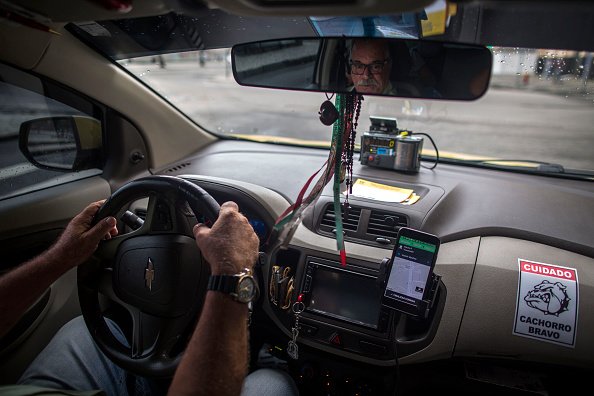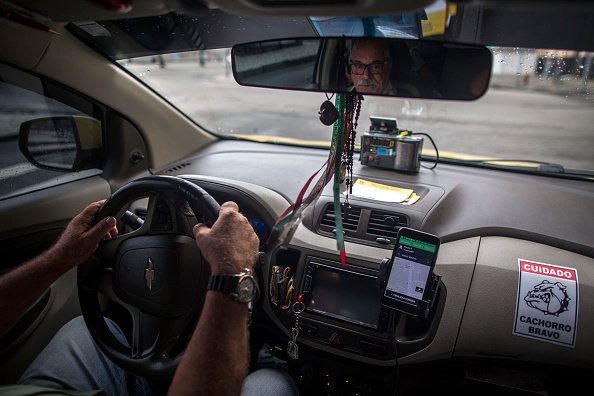
According to Uber, their drivers in New Zealand will be voting on whether or not to approve a collective agreement with the company. If approved, this agreement would improve pay and working conditions for these drivers. This is the first time that Uber has enacted such an agreement in any country, and it is sure to spark debate among its driver base.
Uber is the latest company to be the target of a national trade union. First Union has initiated collective bargaining with Uber, and both sides will commence preparation in order to come to the table to negotiate. This move by First Union is likely retaliation for similar moves made by other unions, who feel that they have not received the same wage benefits as their competitors.
The impending introduction of collective bargaining by Uber represents a move that has been long awaited by drivers. Prior to the unionization process, Uber had largely failed to reach an agreement on pay and conditions with its New Zealand drivers. Despite this history of conflict, the company has announced that it plans on working constructively with its drivers in order to reach a fair agreement. This is an encouraging step forward for both companies and stands as an indication that unions can play a valuable role in modern labor relations.
The landmark court case granted those workers rights and protections, including minimum wage, guaranteed hours, sick leave, holiday pay, KiwiSaver (superannuation) contributions, the right to challenge an unfair dismissal and the right to unionize and collectively bargain. The union has seen a surge of interest in recent months with more than 500 drivers joining since the ruling was announced last year.
The ruling in the Uber class action lawsuit sets a precedent for defining employee status in the country based on how much control a company has over workers. In other words, it will be harder for companies to argue that they don’t actually employ their workers because they have little to no control over their actions. This could mean increased wages and benefits for employees, as well as greater protections against exploitation by their employers.
Uber’s incentive schemes to reward consistency and quality and punishments for breaches of Uber’s Guidelines or slips in quality levels have been found to demonstrate significant control over employees. The court ruled that Uber has the power to dictate how its employees behave, an ability that could infringe upon workers’ rights.
Uber are optimistic about their chances of overturning the decision, as they argue that their drivers are self-employed and not employees. If successful in their appeal, Uber may be able to continue employing its drivers without paying any taxes, which could prove lucrative for the company.
Uber has been bitterly disappointed by the latest Employment Court ruling, which rules that a rideshare driver using the Uber app is not an employee. The company plans to appeal this decision and hopes for better standards for on-demand work in New Zealand. Drivers have stressed the importance of having autonomy and flexibility in their jobs, so Uber plans to continue lobbying for these things.
During the contractor policy reform process, Uber will work cooperatively with both the industry and government. This means that Uber will provide updated information on their progress as well as listen to any concerns that may be raised. By working together, both parties can continue to make strides towards ensuring a fair and transparent system for contracting.








